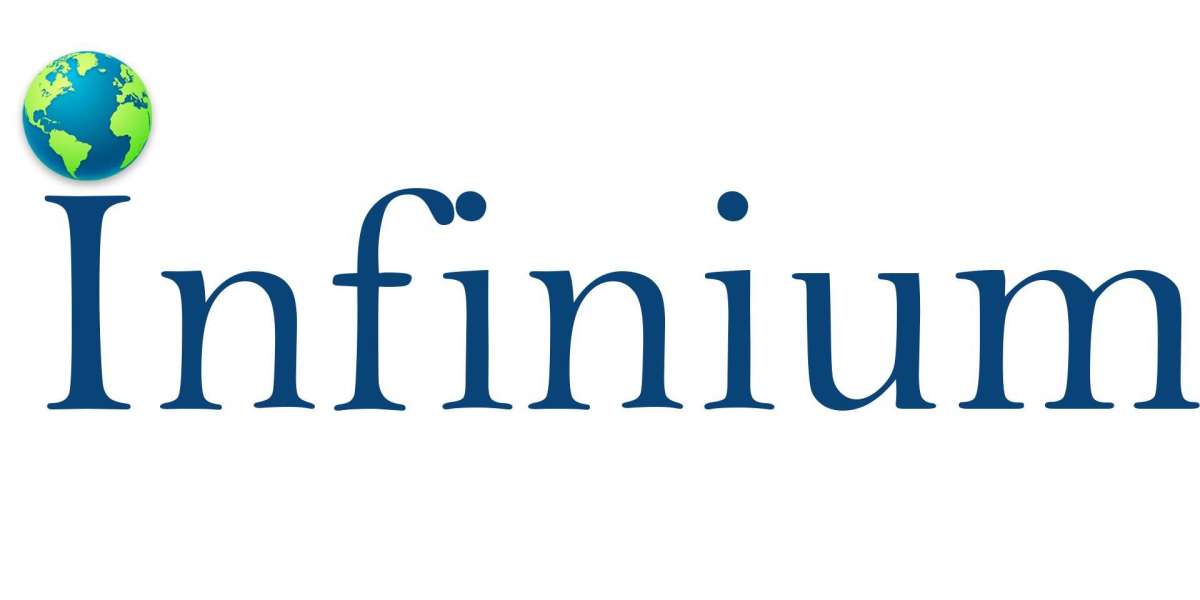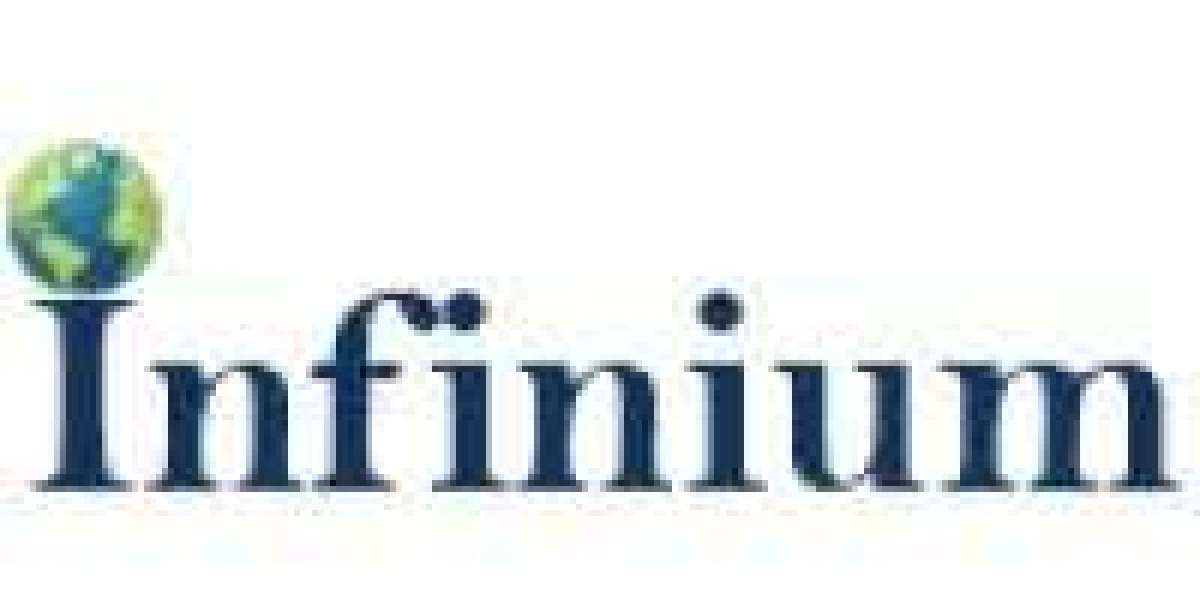The market study covers the Global Infant Milk Formula Market crosswise segments. It purposes at estimating the market size and the growth prospective of the market segments, such as supplier, application, organization size, and business vertical. The study also includes a detailed competitive analysis of the key players in the market, along with their enterprise profiles, key observations related to product and industry offerings, new developments, and key market plans.
The global infant milk formula market is expected to reach over USD 121 billion in 2030, with a CAGR of above 9% during the forecast period 2023-2030.
To Know More Request Sample of this Report@ https://www.infiniumglobalresearch.com/form/754?name=Sample
A complete view of infant milk formula industry is provided based on definitions, product classification, applications, major players driving the Global infant milk formula market share and revenue. The information in the form of graphs, pie charts will lead to an easy analysis of an industry. The market share of top leading players, their plans and business policies, growth factors will help other players in gaining useful business tactics.
The forecast for Global infant milk formula market information is based on the present market situation, growth opportunities, development factors, and opinion of the industry experts. An in-depth analysis of the company profiles, infant milk formula market revenue at country level and its applications is conducted. The analysis of downstream buyers, sales channel, raw materials, and industry verticals is offered in this report.
Growing Demand for Infant Formula
The infant formula market is thriving due to several factors:
- Rising Popularity of Organic Food: Parents are increasingly seeking organic options for their young children, driving demand for organic infant formula.
- Combating Malnutrition: In areas with high childhood malnutrition rates, infant formula provides essential nutrients for babies.
- Convenience for Working Mothers: Busy working moms appreciate the convenience and nutrient-rich options offered by infant formula. Companies are responding with innovative formulas and easy-to-use packaging.
- Increasing Birth Rates: A growing global population with rising birth rates translates to a larger market for infant formula.
Balancing Growth with Regulations
While the market flourishes, strict regulations are crucial to ensure product safety and quality. Regulatory changes can impact the industry, but this focus on safety is essential.
Innovation is Key
Companies that develop innovative and differentiated infant formula products will be well-positioned to capture future growth opportunities.
Segments Covered in this Premium Report:
The infant formula market can be segmented based on various factors to understand consumer needs and preferences better. Here are some key segmentation categories:
- By Ingredient: This segment categorizes formula based on its primary protein source, such as cow's milk, goat's milk, soy, or hypoallergenic options.
- By Speciality Needs: This segment focuses on formulas designed for babies with specific dietary requirements, including lactose intolerance, reflux issues, or allergies.
- By Form: This segment categorizes formula based on its physical state, such as powder (most affordable and longest shelf life), liquid (convenient, but requires refrigeration), or ready-to-feed (most convenient, but most expensive).
- By Distribution Channel: This segment focuses on where consumers purchase formula, such as supermarkets, pharmacies, online retailers, or specialty stores.
- By Price Point: This segment categorizes formula based on its cost, targeting budget-conscious consumers to premium options.
Report Overview: https://www.infiniumglobalresearch.com/market-reports/global-infant-milk-formula-market
Research Methodology:
The report provides deep insights into the demand forecasts, market trends, and micro and macro indicators. In addition, this report provides insights into the factors that are driving and restraining the growth in this market. Moreover, The IGR-Growth Matrix analysis given in the report brings an insight into the investment areas that existing or new market players can consider. The report provides insights into the market using analytical tools such as Porter's five forces analysis and DRO analysis of the infant milk formula market. Moreover, the study highlights current market trends and forecasts for 2023-2030. We also have highlighted future trends in the market that will affect the demand during the forecast period.
Conclusion:
The infant formula market is expected to continue growing due to a combination of factors. Working mothers increasingly rely on formula for convenience, and a rising global birth rate creates a larger consumer base. However, strict regulations ensure product safety and may impact the industry. Companies that can innovate and differentiate their products will be best positioned to capture future opportunities.



